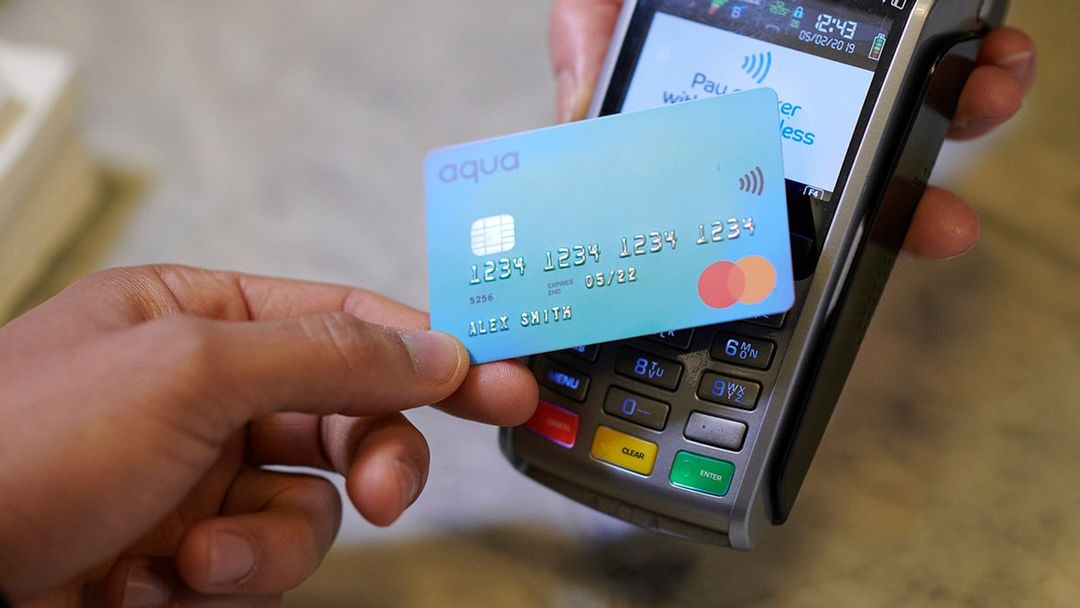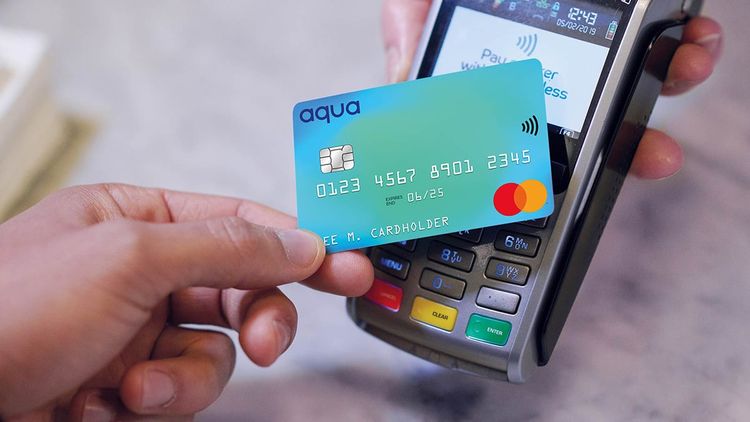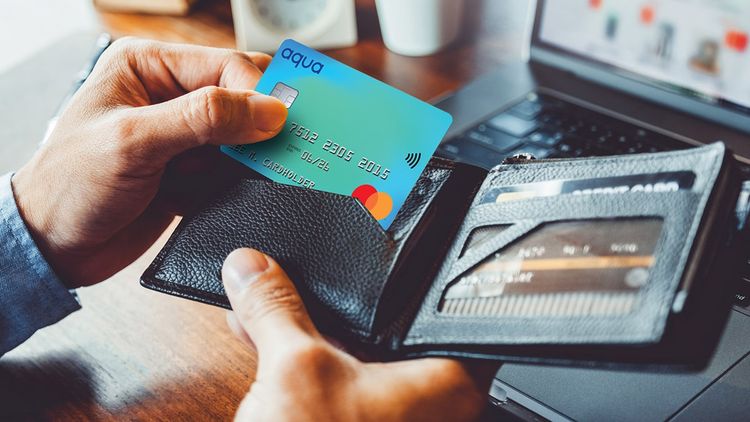Types of credit
Find out about some of the most common forms of credit and work out which is right for you.

Credit means borrowing money and paying it back later. Any money lent to a person or company is a form of credit. There are many different types of credit products, such as credit cards, overdraft facilities and loans. Managing these various credit products well will help you achieve a good credit score.
Here’s a quick guide to some of the most common forms of credit.
Credit cards
Credit cards allow users to borrow money from a bank or credit card issuer to purchase goods and services or to withdraw cash. Some of the most common types of credit card are:
Credit builder cards
Credit builder cards, like the Aqua Classic, are designed to help you improve your credit score.
39.9% APR Representative (variable)
Reward cards
Reward cards give you rewards for using the card. The most common reward is cashback, so reward cards are sometimes called "cashback" cards. These cards give you a percentage back on your everyday spending. Although, the reward can also come in the form of points that can be converted to vouchers for shops and hotels. Rewards cards are a good choice if you don’t carry over a balance from month to month.
Lower interest cards
Lower interest cards reduce your interest rate as a reward for using the card well.
Balance transfer cards
Balance transfer cards allow you to transfer balances from other cards, usually at a lower interest rate. Although often sold as a type of card in its own right, most credit cards will allow you to transfer balances, including Aqua cards.
Find out more about balance transfers
Store credit cards
Store credit cards are cards designed for use at a specific retailer or retail chain, offering discounts and other perks when you use the card to make purchases.
Bank loans
Banks offer a variety of different loans depending on what you want to use the money for. These are generally paid off in monthly instalments over a fixed period. Some of the most common types of loan are:
Personal loans
Personal loans allow you to borrow an agreed amount to spend on whatever you want and pay it back with interest over a fixed period.
Mortgages
Mortgages are loans that are used to buy property. They are secured against a property and are usually paid off in monthly payments over an extended period, usually around 25 years.
Debt consolidation loan
A debt consolidation loan is a form of personal loan where the money is used to pay off existing debt, resulting in one fixed monthly repayment rather than having to repay multiple creditors.
Payday loans
Payday loans are short-term, high-interest loans designed for people on low incomes to bridge the gap between salary payments. Payday loans have earned a bad reputation for putting people into financial difficulty due to their extremely high interest rates.
It’s generally best to avoid payday loans, as most other forms of credit are likely to charge less in interest.
Student loans
Student loans are designed to help students pay for their university courses and other aspects of studying. In the UK, the Student Loans Company provides Tuition Fee Loans, Maintenance Loans and Postgraduate Loans, which don’t need to be repaid until you earn over a specified amount of money each year.
Overdrafts
An overdraft is a facility on a bank account that allows you to withdraw more than the balance of the bank account. Overdrafts generally need to be pre-agreed with your bank and have a limit, depending on your account history and needs.
They are helpful in providing a safety net to cover a short-term need for extra money or to compensate for a temporary lack of cash flow. Like most other forms of credit, overdrafts often charge interest depending on how you use them.
Other types of credit
Other types of credit you might come across include:
Hire Purchase Agreement
With a hire purchase agreement, you "hire" an item from the owner by paying regular instalments over a fixed period. You then have the option to buy the item. The main thing to remember is that you don’t own the item until you’ve paid all the instalments.
If you don’t make the repayments, you’ll have to give back the item. Until you’ve bought the item, you need the owner’s agreement to sell or dispose of the item. This type of finance is quite commonly used to buy cars.
Conditional sale
A conditional sale is similar to a hire purchase agreement, except that you automatically own the item once you have paid all the instalments. This type of finance is also often used for car purchases.
Failure to make payments on time or to stay within your credit limit means that you will pay additional charges and may make obtaining credit in the future more expensive and difficult.
Contributors


You might also like
Slide 1 of 3
Understanding types of credit cards
Find out more about the common types of credit cards and which is right for you.

Credit card vs debit card - what's the differ...
Understand the key differences of credit vs debit and learn which is best suited for your needs.

What is a credit limit?
What is a credit card limit? Discover how credit limits are calculated, what happens if you go over, and how to man...
The smart way to build better credit
Aqua is the credit card that gives you the power to improve your credit score
